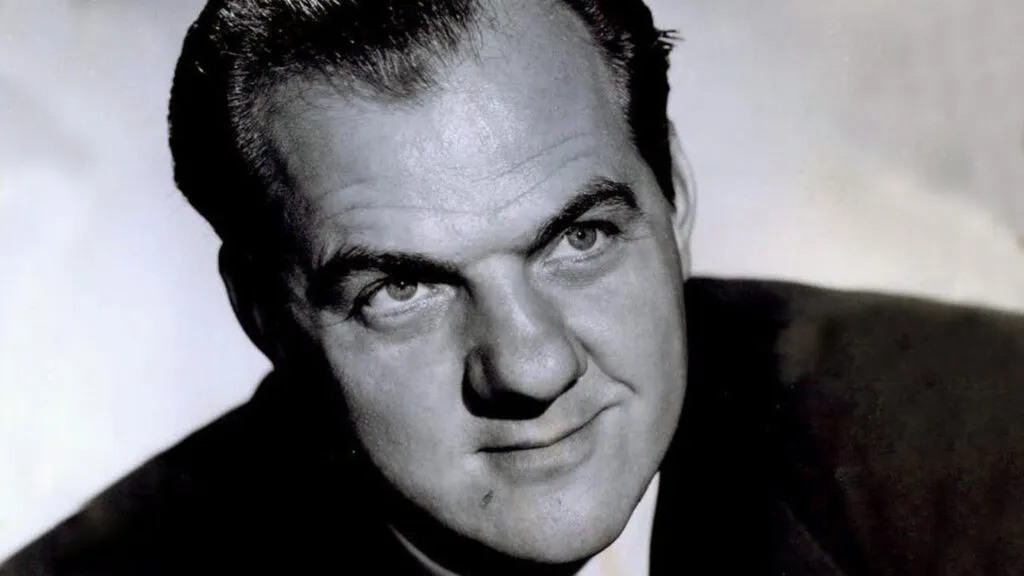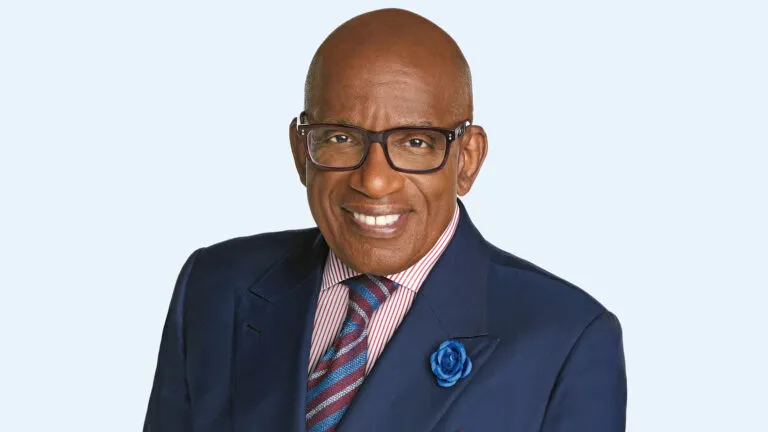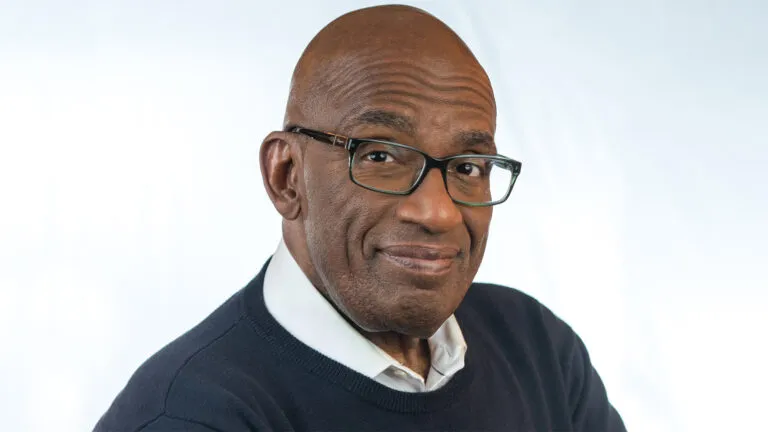In a recent episode of The Streets of San Francisco we did some filming in a foundry where they were melting iron.
Before I knew it I was asking the men there questions like, “How’s the salt? What kind of sand do you use? What about corze?” until one of the guys stopped me, saying, “Hey, how do you know stuff like that?”
“Listen,” I said, “where I come from you had to know those things.” And for just a brief moment I thought how amazing it was that I was an actor and not a steelworker, especially since my acting career, once launched, had nearly destroyed me when I had got too caught up in it.
I grew up with no particular ambition to be anything except maybe a pro ballplayer. I was born in Chicago, but my father had gone there from Serbia and my mother from Bohemia. I spoke Serbo-Croatian—still do—until I learned English in kindergarten.
We lived in a lower middle-class neighborhood of Gary, Indiana, where most of our “culture” centered around the picnics, song groups and foreign-language theatricals of the Serbian Orthodox church.
In school I learned to be an expert cabinetmaker. Back then, becoming an actor never entered my mind.
In my senior year at Emerson High I won an athletic scholarship to Arkansas State Teachers College, but I quit during freshman year when I got clobbered in football and ran out of money at the same time.
After that, I went where my friends went—into the steel mills. For two years I sweated it out as a cinder snapper on U.S. Steel’s No. 2 open hearth, the roughest job on the floor, cracking the brick to let the liquid iron flow through. I hated it.
It wasn’t until I happened onto the job of carpenter and man-of-all-backstage work at the Goodman Theatre school in Chicago that I began to enjoy working again. At that moment everything in my life changed. I got ambition. Too much ambition.
I was cast in one of the Goodman’s plays and from that time on I was hooked. Acting, an unlikely profession for me, brought out strong, challenging insights and feelings that I never knew I had.
Suddenly that’s all I wanted to be, an actor, yet I was scared to death that the odds were against me, that I had too far to climb.
So I pushed. I pushed hard. To help pay the tuition at Goodman I took on outside jobs. I met my wife, Mona, at Goodman and we were married in 1938 before setting out for Broadway.
I had some luck on the New York stage, but I always seemed to want more until, suddenly, in a hospital bed in Denver, Colorado, everything came to a sharp halt.
By then I was also a corporal in the Army Air Corps and as an actor I was a member of the cast of Winged Victory, the huge soldier-show that traveled across the nation raising money for World War II relief. While playing in Denver, I got sick and the company left without me.
For six months I languished in Denver’s Fitzsimmons General Hospital while the doctors there tried to figure out why my health had taken a nosedive. At first they suspected TB, but that diagnosis proved false, and so while they made their tests, I grumbled and cursed my luck.
The only bright spot in those hospital days was Mona. More than anyone, she understood my drive to get ahead. She herself had wanted to be an actress, but after our marriage she gave that up. “One actor in the family is enough,” she said, and from then on all her energies went into helping me.
So there she was, stuck in Denver, wrapping packages in a department store so she could be near me.
One day when I was feeling especially depressed, I told Mona that I felt like an express train that had been derailed.
“Maybe we’re not derailed at all,” she said, throwing in her lot with mine as usual. “Maybe we’ve just made an unscheduled stop in a very pleasant place that we would never have seen if we’d been barreling through.
“Okay, so we’re here. Why don’t we get off the train for a while, stretch our legs a bit and see what this town has to offer us?”
Later I lay awake, thinking. Was it possible to look at my derailment in any other kind of light but bad? Could I have been rushing too fast, pushing too hard?
On Mona’s next visit, we talked in a new and different vein for us. I recalled the ultimatum I’d given myself in New York—to make it big in five years or go back to Gary. “Suppose I don’t make a big splash?” I said to Mona. “Suppose I just get enough theater work to keep food on the table?”
“That’s fine by me,” Mona said, “so long as you stay in the theater the way we planned. If you don’t become a star, so what? We’ll still be together, you’ll be doing what you enjoy doing—or should be enjoying, if you ever learn to relax and savor it.”
So I began to take it easier and that really was the turning point in my life. Once my mind stopped fighting the frustration, once I said to myself that if honest effort wasn’t enough then to heck with it, everything changed.
It may have been mere coincidence that as my tenseness began to go, the abcess on my lung was discovered, or that the abcess came to a head and broke only days before a scheduled operation.
It may have been coincidence that within the month after I was processed out of the army, I got a solid part on Broadway, and then another good part after that in a career that went steadily up.
But I didn’t think so, and I remember going around with the jubilant feeling that I had discovered some sort of natural law about pushing too hard.
When I finally got back to New York with its busy, often frantic, life, I hated the pace and the push and the noise just as much as I had before. This time, though, I did something about it. Whenever I started to get tense or angry or troubled, I’d carve out some time in the day to be alone.
Gradually I took up the habit of slipping down to 26th Street, to the familiarity of the Serbian Orthodox cathedral. There, in the confusion of the garment district, I found that just 15 minutes of sitting in silence could restore equanimity and a sense of balance.
Even small problems seemed more manageable after a period of calm withdrawal, and I soon realized that the problems didn’t change while I was there—I did. And that’s what had happened, on a larger scale, in Denver.
When in time we moved to Los Angeles and while my two daughters were growing up, I’d drive them to school and on the way home I often dropped into whatever house of worship caught my attention.
Today, now that I spend a big part of each year filming our show all over the streets of San Francisco, I often find myself going into churches I’ve never seen before.
I’m aware that one can find quiet in the most unlikely places. Yet to me the quiet of a church is special. I may sit there for 15 or 20 minutes and not even pray—I’m not sure what I do. But while I sit musing about the colors of the stained glass, waiting for the inner silence to come, my awe is real.
I don’t have to reach out to touch the infinite; I am part of it. I may think I am alone, but of course I’m not. There, in God’s house, when I am still, I know that He is there, to refresh and recharge me.
For more inspiring stories, subscribe to Guideposts magazine.





